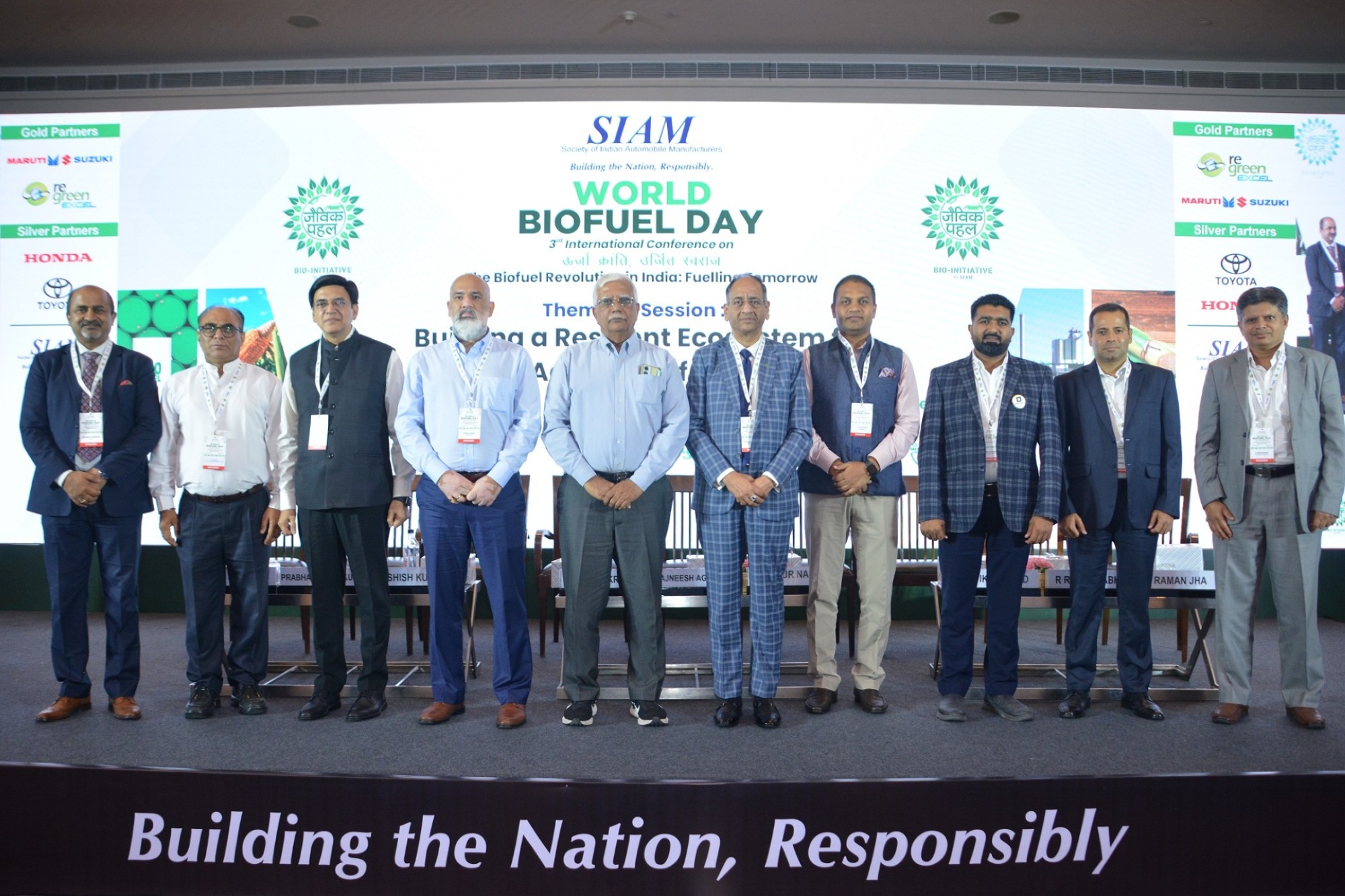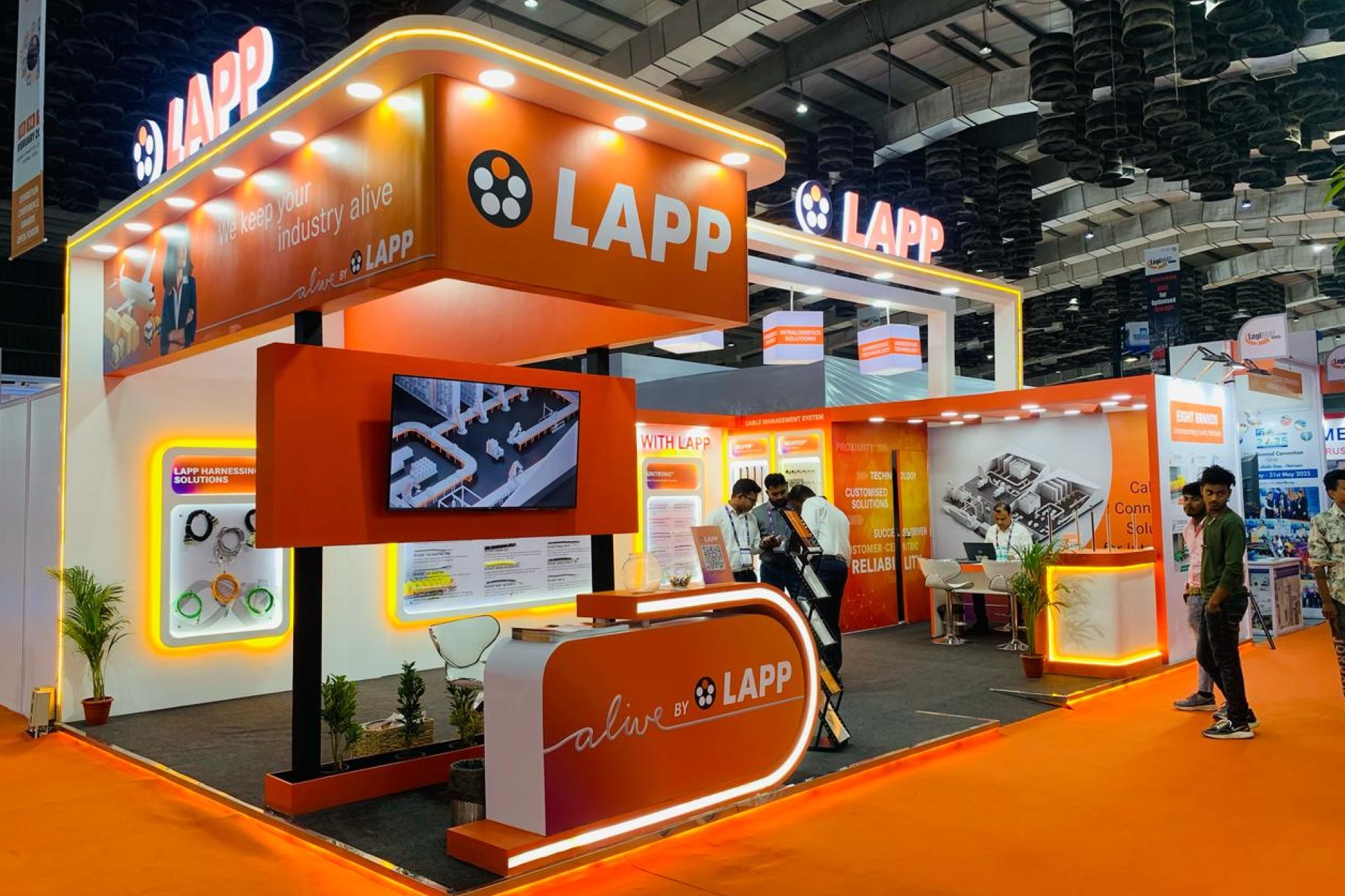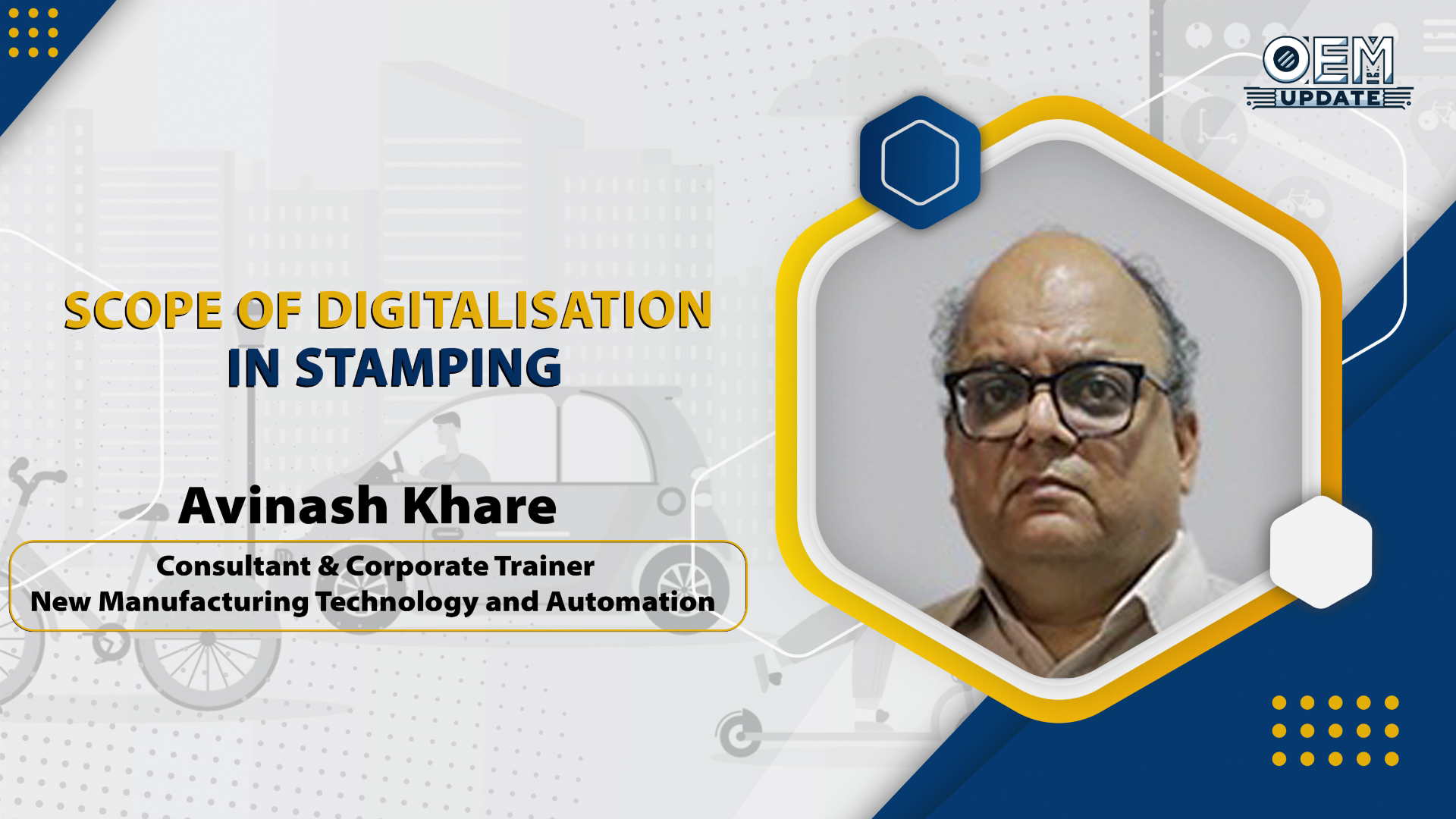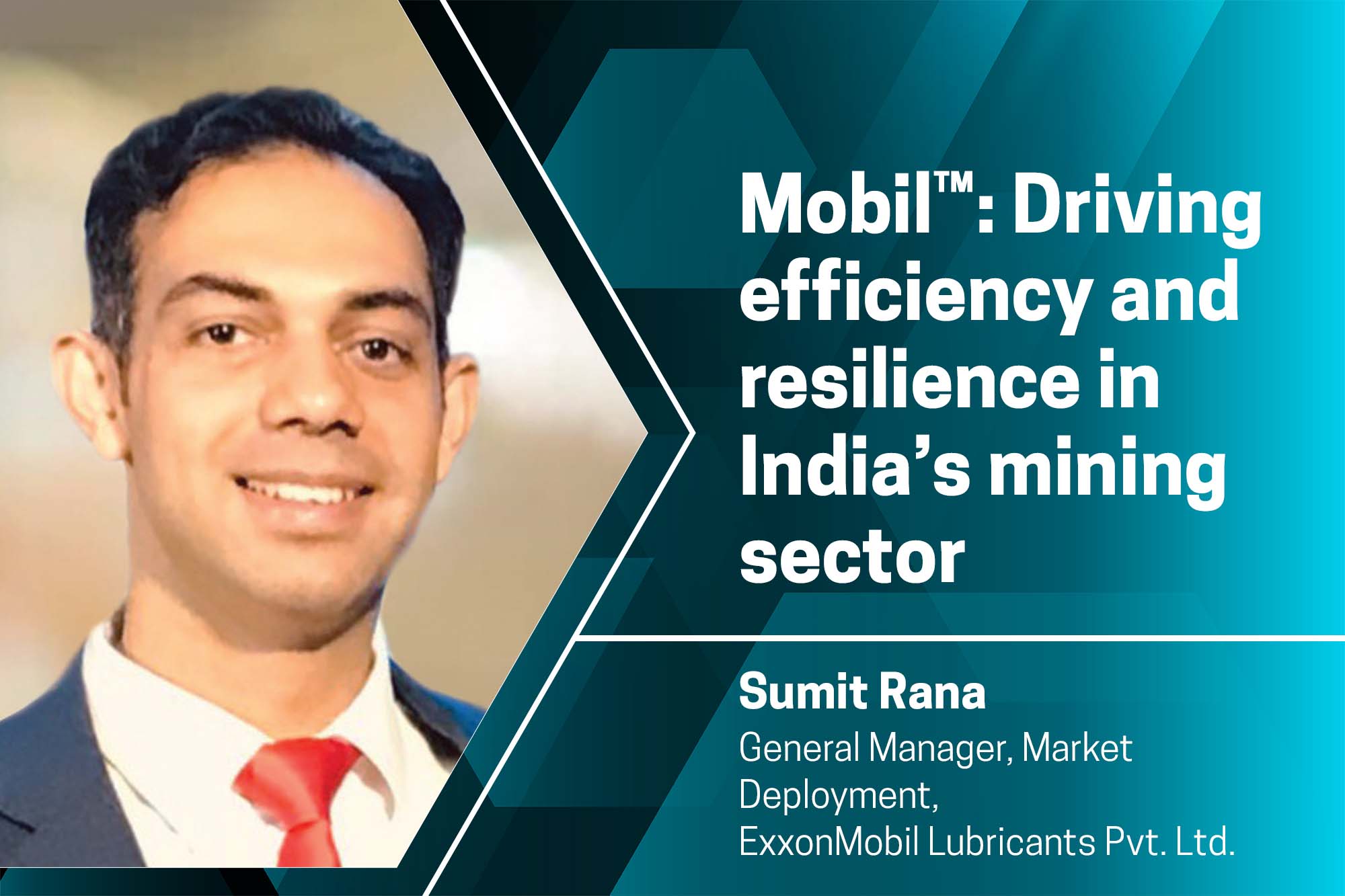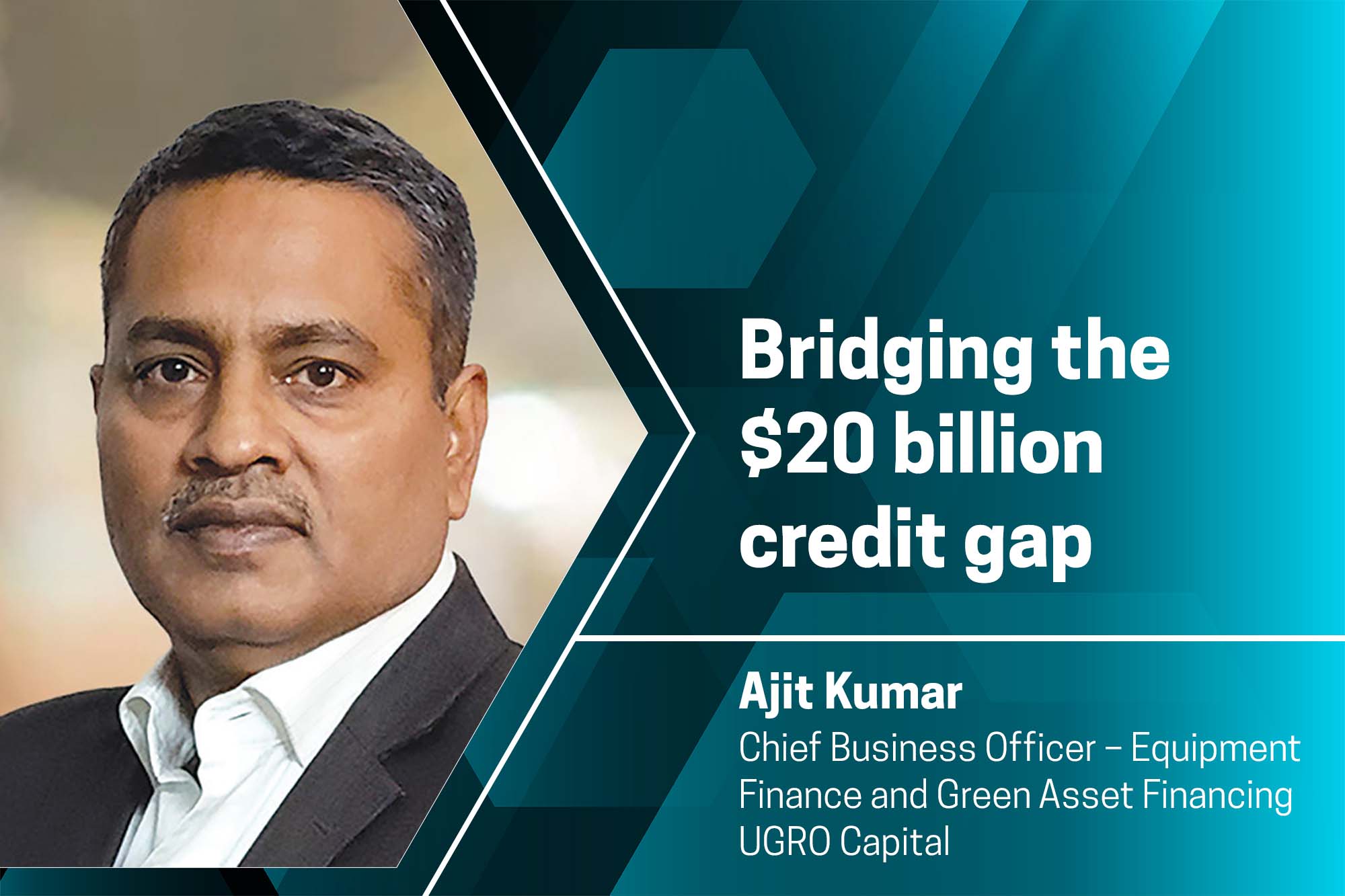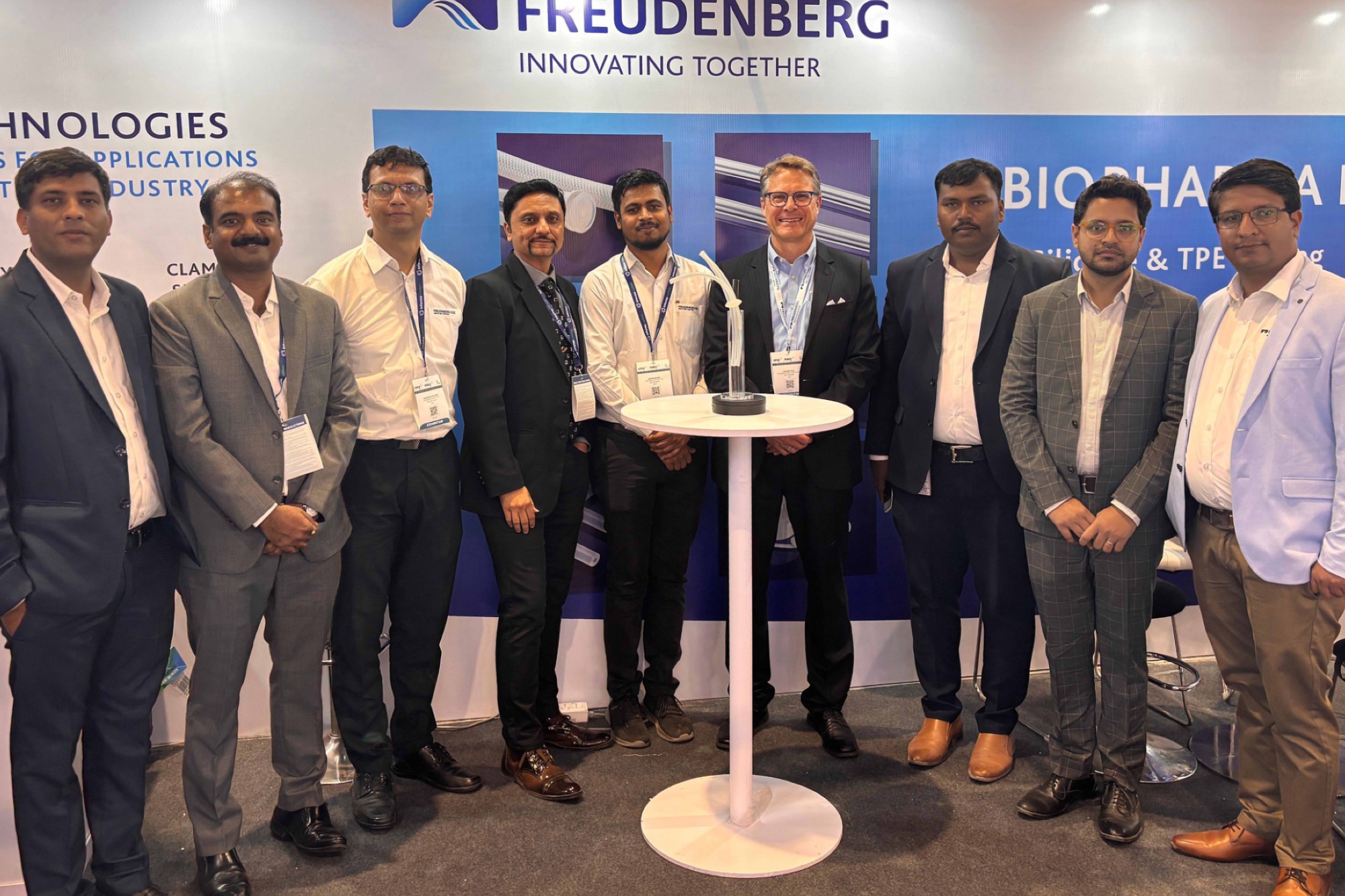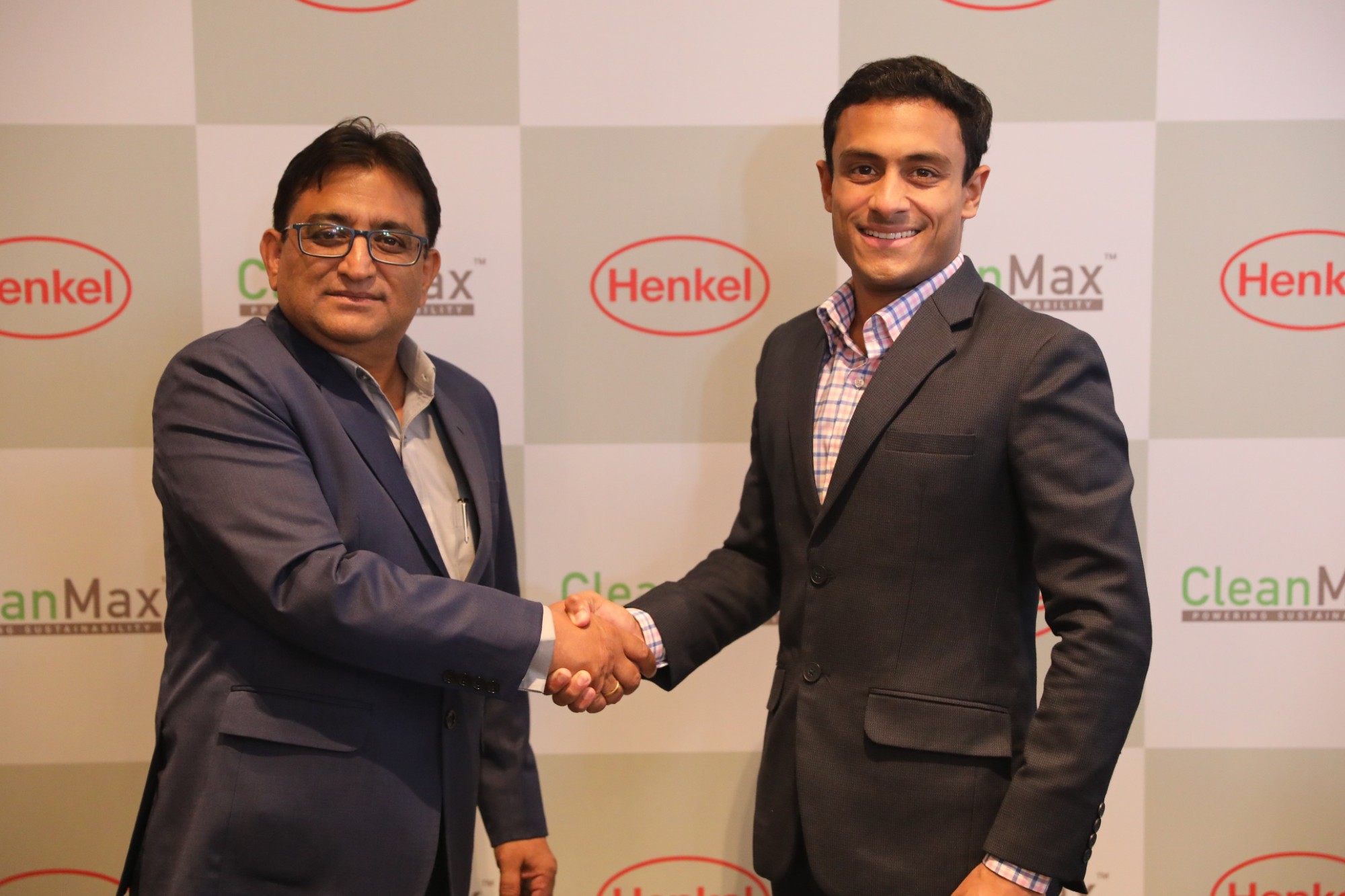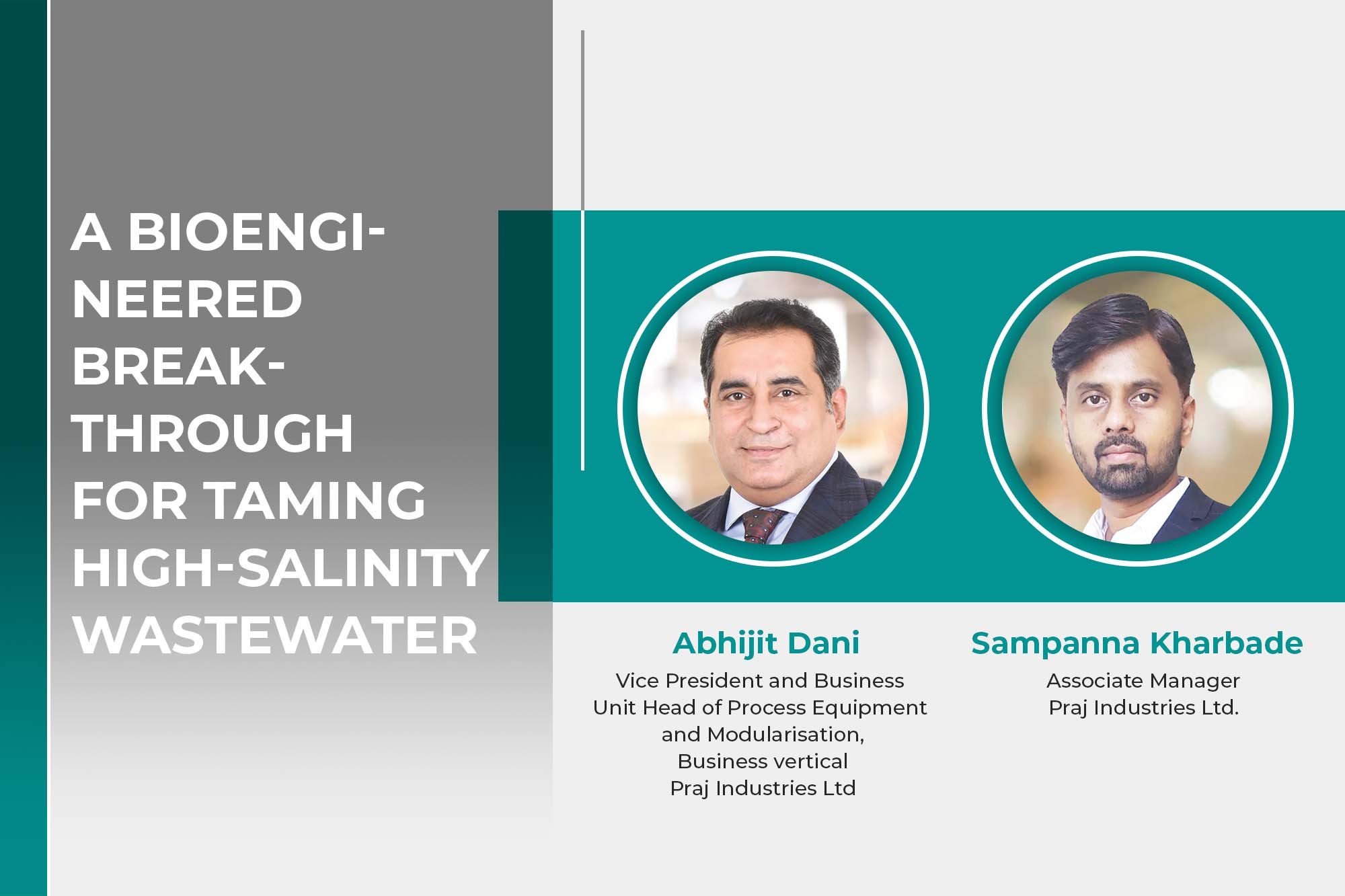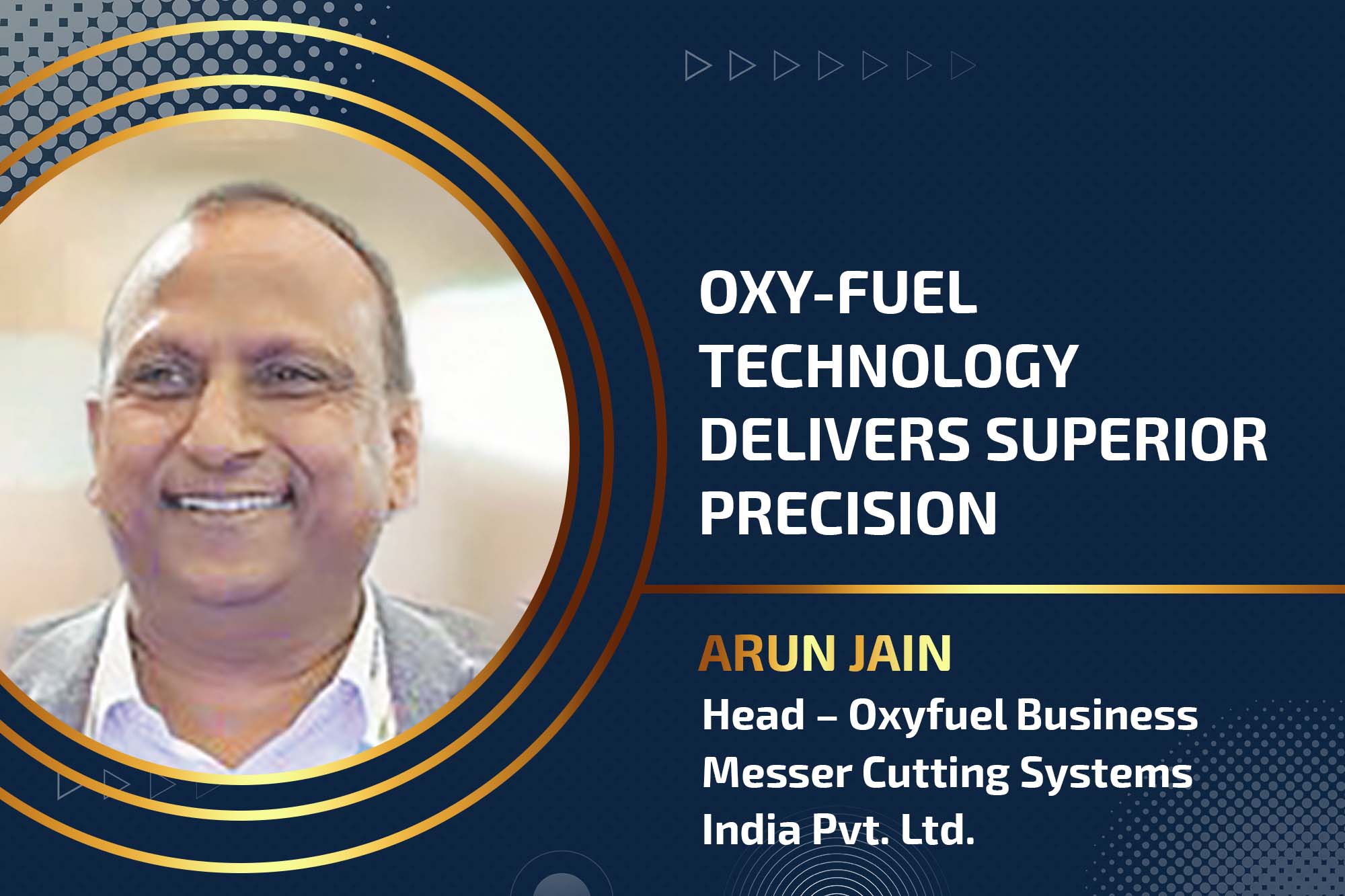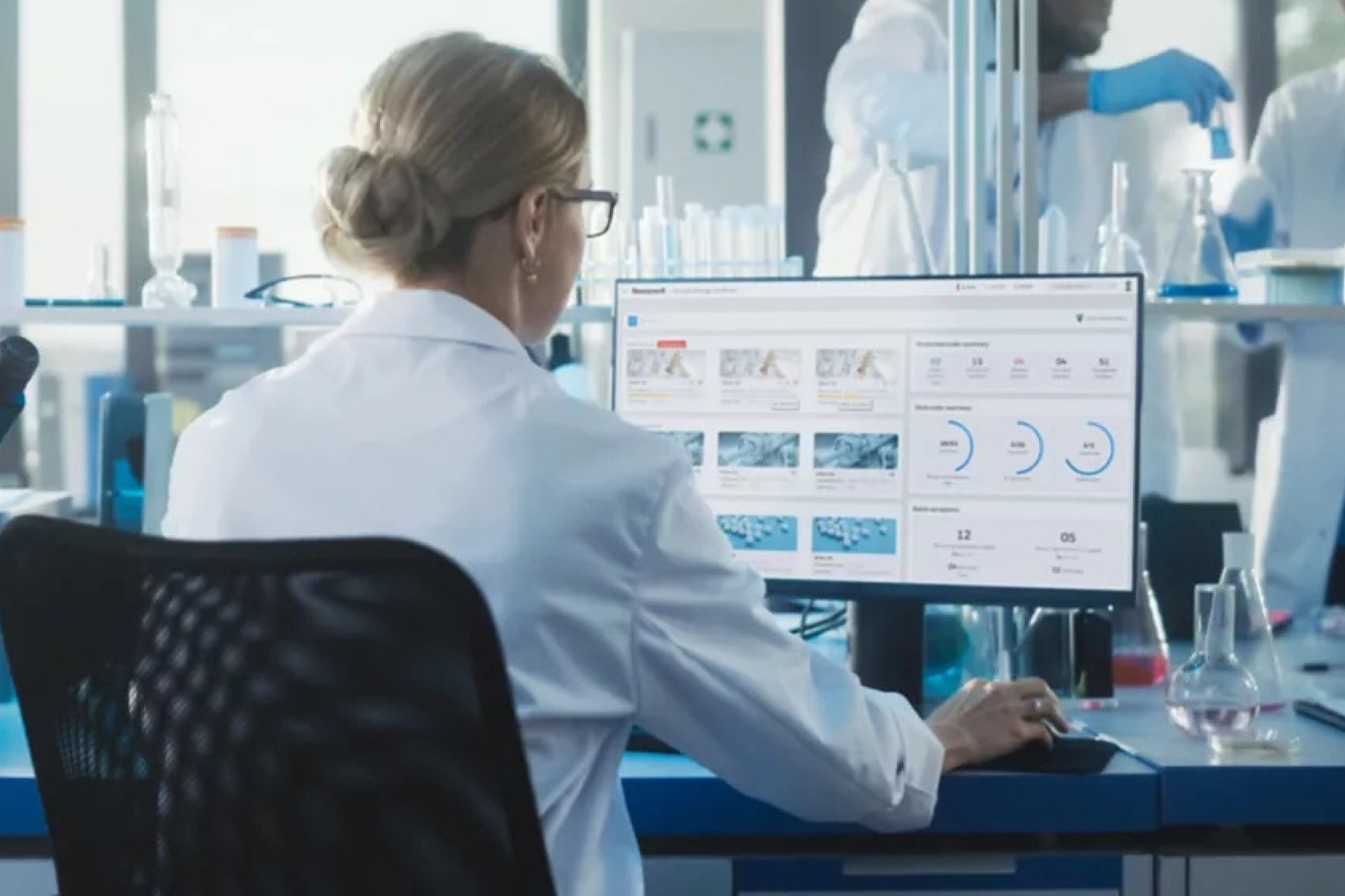SIAM hosts 3rd International Conference on World Biofuel Day 2024
By Staff Report August 12, 2024 6:23 pm IST
The conference focused on India’s commitment to achieving net-zero emissions by 2070, with sessions on biofuel demand and supply management, preparing the auto industry for a flexible fuel future, and building a resilient ecosystem for biofuel adoption.
The Society of Indian Automobile Manufacturers (SIAM), under its Bio-initiative, successfully organised the 3rd International Conference on World Biofuel Day 2024, themed The Biofuel Revolution in India: Fuelling Tomorrow. The landmark event brought together global and national experts, policymakers, and industry leaders to discuss the critical role of biofuels in India’s sustainable energy transition and the broader implications for the Indian automotive industry.
The conference commenced with the inaugural session titled “Catalysing the Indian Biofuel Story for the Global Arena,” moderated by Prashant K. Banerjee, Executive Director, SIAM. Welcoming the attendees and setting the tone for the day, he said, “There are three C’s—collaboration, communication, and competency—that define India’s biofuel journey. India has embraced the E20 economy, and its collaborative efforts are manifested by the strong cooperation that the sector is receiving from its global partners.”
H.E. Kenneth Félix Haczynski da Nóbrega, Ambassador of the Federative Republic of Brazil, said, “Driven by our shared vision for a sustainable future, Brazil’s ethanol expertise and India’s progress in decarbonisation align with our goal of 20–25% biofuel use. The collaboration between India and Brazil sets a global example in the energy transition, emphasising inclusivity and cost-effective bioenergy solutions. Major investments and technology transfers between our nations will be key to advancing sustainable mobility and achieving long-term climate goals.”
Rohit Mathur, Joint Secretary, Ministry of Petroleum and Natural Gas, Government of India, said, “Today’s success is the result of the collective efforts of multiple ministries under the visionary leadership of Hon’ble Prime Minister Shri Narendra Modi. We are poised to see significant progress in the next five years as we advance biofuels and fully utilise domestic resources. The ethanol program is benefiting farmers, saving foreign exchange, and transforming the ecosystem. We urge investment in advanced biofuels to further boost ethanol production and emphasise the need for a mass awareness campaign to educate the public on flex-fuel and ethanol percentages.”
K.C. Sharma, Chief Engineer (MVL) at the Ministry of Road Transport and Highways, Government of India, said, “Achieving net-zero emissions by 2070 is a national commitment, with biofuels being crucial to this goal. We have increased ethanol blending from 1.4% in 2013–14 to nearly 20% today, thanks to the collaborative efforts of fuel providers, vehicle manufacturers, and component suppliers. We are advancing towards testing new bio-ethanol solutions with prototypes already on Indian roads.”
Vikram S. Kasbekar, Executive Director of Hero MotoCorp Ltd. and SIAM Executive Committee Member, set the stage for discussions on mobility initiatives and said, “The industry will be ready soon to roll out the flex-fuel vehicles, but their off-take is important. The energy content of ethanol is less than that of gasoline. We have to consider what value the customer will get from adopting ethanol and ensure that the customer benefits.”
Dr. Reji Mathai, Director of the Automotive Research Association of India (ARAI), said, “Marking a significant milestone in our commitment to advancing biofuel integration and reducing emissions, India can achieve E20 compliance with BS VI standards.”
Sujoy Choudhury, Director at Indian Oil Corporation Ltd., followed with their insights, saying, “India needs to ensure biofuel growth is equitable and sustainable. Oil manufacturing companies have increased their tankage by tenfold to support the biofuel journey. Today, ethanol moves through various modes of transport, including pipelines, railways, and roadways.”
Mandava Prabhakar Rao, President of the Indian Sugar and Bio-energy Manufacturers Association (ISMA), said, “Sugarcane is the most efficient crop water and land utilisation. Currently, only 15% of sugarcane is converted to ethanol, but increasing this by 10% would only allow the Indian sugarcane industry to meet 55% of the country’s ethanol demand.”.
The conference also featured the release of the context paper on “Biofuels in India: Current Scenario and the Road Ahead.
Rajesh Menon, Director General of SIAM, said, “The inaugural session has highlighted India’s significant achievements in the biofuel sector and brought attention to the need for collaborative efforts for future advancements in biofuel. We must build on this foundation and drive the mobility sector towards a sustainable and impactful future.”.
Thematic Session 1, titled “Biofuel Demand and Supply Management: Bridging the Gap,” was moderated by Ashim Sharma, Sr. Partner from Nomura Research Institute. The session featured the SIAM Sukh Da Saah Sustainability Initiative and the release of the report “Sukh Da Saah: SIAM Initiative on Crop Residue Management.” Alok Sharma, Director (R&D) of Indian Oil Corporation, discussed advancements in biofuel R&D; Anurag Saraogi, Chief General Manager, Bharat Petroleum Corporation, presented critical operational strategies for developing storage capacity and dispensing of the fuel; Rajagopal Manohar, Head of Technical Service and Innovation, Novonesis, spoke on technological innovations beyond the development of ethanol biofuel; Ashok Singh, Assistant Vice President, Regreen-Excel EPC, focused on technologies for supply chain optimisation; and Amit Agrawal, Senior Vice President, Bajaj Hindusthan Sugar Ltd., detailed the sugar industry’s role in biofuel production.
Som Kapoor, Future of Mobility Leader at EY Parthenon, moderated the Thematic Session 2 titled “Preparing the Auto Industry for a Flex Fuel Future,” focussing on assessing the sector’s preparedness for flexible fuel vehicles, which included insightful presentations from anelists. Vikram Gulati, Country Head and Executive Vice President (Corporate Affairs & Governance), Toyota Kirloskar Motor, shared strategies for the development of hybrid flex vehicles in the country, while Sameer Sinha, CEO, Triveni Engineering & Industries, addressed engineering challenges related to the production of ethanol. Shweta Saini, Founder & CEO, Arcus Policy Research, discussed the regulatory landscape on ethanol production and feedstock cultivation, and Krishnan Sadagopan, Sr. Vice President, Ashok Leyland & Board of Directors, IOCL, and Harjeet Singh, Executive Adviser (Tech), Hero MotoCorp Ltd., and a presentation by Prof. K. A. Subramanian, Head of Department, Energy Science and Engineering, IIT Delhi, spoke on the technical readiness of the OEMs to launch flex fuel vehicles in the country.
Thematic Session 3, ‘Building a Resilient Ecosystem for the Adoption of Biofuels,’ focused on the critical steps needed to support biofuel ecosystem development in India. Moderated by Raman Jha, Executive Director at PwC, the session featured key insights from industry leaders. Y. B. Ramakrishna, Member-Working Group on Biofuels at MoPNG, discussed the necessary policy frameworks introduced by the government for the development of the ethanol value chain, while Rafik Mankad, CMD, Biotexus Energy Pvt Ltd., and R. Ramaprabhu, Head of Fluid Technology, Mahindra & Mahindra, talked about the role of industry in the adoption of higher blends of biofuels. Contributions from Sqn Ldr Ankur Naik, Director, Punjab Renewable Energy Systems Pvt. Ltd., Ashish Kumar, Managing Director, Verbio India, and Rajneesh Agarwal, Secretary General, UP Distillers Association (UPDA) emphasised the need to adopt renewable energy solutions and develop a robust and scalable ethanol supply chain for the fulfilment of decarbonisation goals. The session wrapped up with a call for stronger collaboration and technological innovation among the industry stakeholders, including Dr Prabhakar Thakur, HoD (Hydrocarbon Efficiency and New Energy), Directorate General of Hydrocarbons, Govt. of India, and Dr S. D. Singh, Senior Advisor, Biodiesel Association of India.
SIAM, along with its members, has been actively working with governments, corporations, and other stakeholders to boost the adoption of clean fuels in response to emissions from road transportation, in line with SIAM’s mission of building the nation responsibly.
Cookie Consent
We use cookies to personalize your experience. By continuing to visit this website you agree to our Terms & Conditions, Privacy Policy and Cookie Policy.



